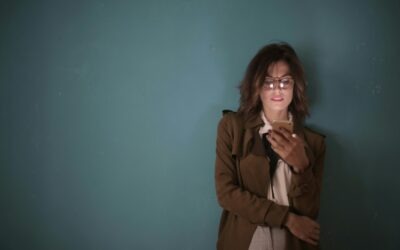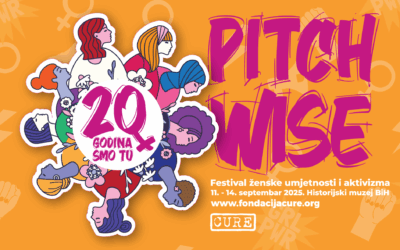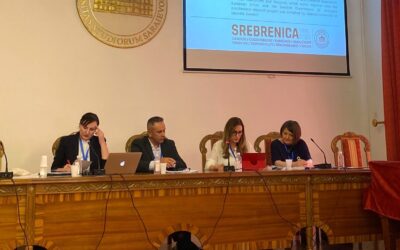
ACTIVISM ON THE MARGINS “WHAT ABOUT THE BREAK FOR MARGINALISED GROPS OF WOMEN?”
In the past two days (13-14.07.2019) with members of the organization the Romska djevojka – Romani Cej from Prnjavor two trainings were held: “Integrated Security and the EU” and “Integrated workshops for marginalised groups of women” in Prnjavor, with the focus on care for oneself from one’s own personal and organisational perspective.
The training was devoted to the members of the organization Romska djevoja – Romani Cej and their coworkers, supporters and users, and the goal was to represent a new way of creating security, mapping threats with which marginalised groups of women are constantly and daily faced with and to map the strategies for the sustainability and endurance. The security risks for activists and marginalised groups of women can be physically, emotionally, psychologically and spiritually damaging, and they pervade every aspect of life (the body, mind, soul, family, collective society, and organisation, etc).
Women members of minority and marginalised groups, who live in small environments and work with activism, are daily faced with different pressures, and the time they devote to oneself can be measured in minutes in the course of one week. Therefore, one such member says “Only when I found out that I am in need of a break, I became angry, my immunity dropped, I feel how my body aches, but where do I go for a holiday? At home, my daily duties await me, to go somewhere I wouldn’t have the opportunity nor ability, but then I tell myself you will rest when you retire. Then I am faced with fear, because what kind of pension, I don’t have length of service. Then I feel like everything is suffocating me. I need to find a way to take a break, so that I could rely on myself in the future”.
In the training we worked on the analysis of the position in which the participants find themselves, we looked at the complete picture of the risks with which we are faced, and we worked on the growth of strategies of answering and handling these risks. Due to the complexity of the position in which marginalised groups of women can be found, participants were taught to use different strategies with which they could handle risks. These challenges can be situational, but they definitely represent the resistance with which to protect themselves and their environment. About the mechanisms and strategies which participants apply to their daily lives we can talk about:
“I can’t argue with my family, I don’t like to do it and I am afraid of conflict. Therefore, I write a letter and I share it with everyone in the house so they can find themselves there”.
“I learned to distinguish when I need to speak and to whom, to whom I don’t want to speak to and therefore I choose a moment when I am sure that my voice will be heard and that it will have an effect and then I speak”.
On the feeling of security, the participants have commented:
“I don’t feel safe in an environment in which I have grown up like I felt before. I feel that this is my city, but I don’t have the feeling that I once had, because when I decided to present myself to the public eye and to speak my truth, then I began experienced different kinds of violence”.
“I am afraid to present my personal opinion, because it is connected to the society to which I belong. I am afraid for the security of other people and I defend it by being quiet. Then I am hurt inside that I haven’t spoken my truth”.
The trainings that we organise realise themselves in the project “Women’s rights- Agende for Positive Change” which is financed by the European Union, and realized by the CURE Foundation and the Foundation for Empowering Women (FWE), and the project is intended to contribute to the promotion and respect of women’s rights and to give to eliminating violence and prejudice against women, with the special focus on women and girls, members of marginalised and minority groups in ten municipalities, a the municipality Prnjavor is one of them.
CURE Foundation


